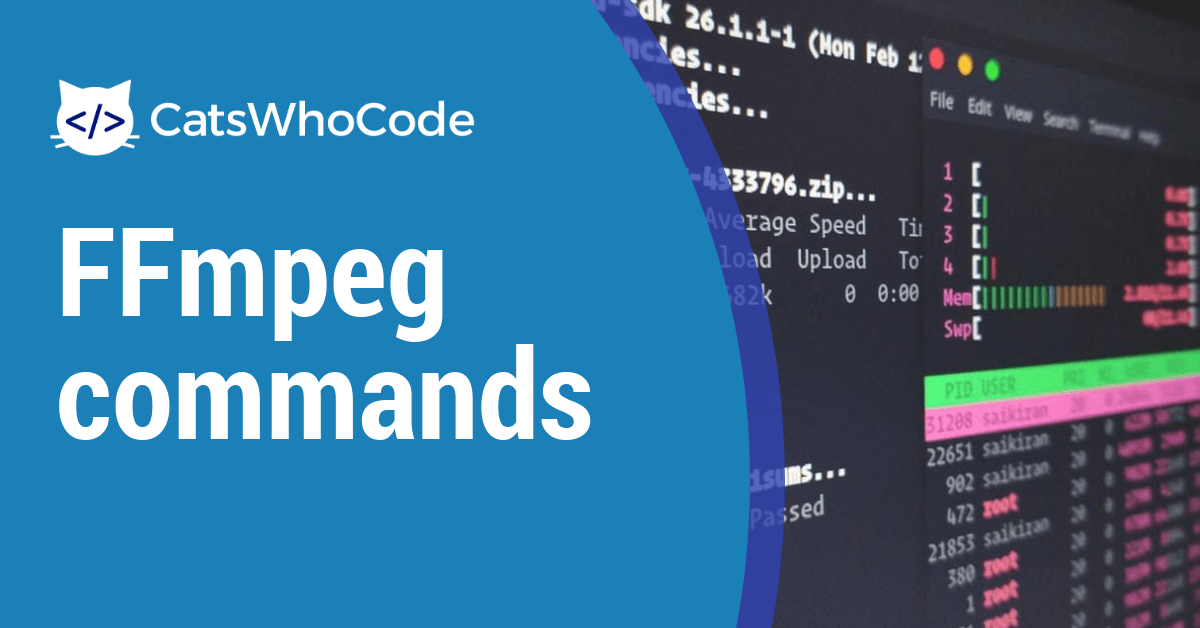
You'll observe that we're using the binary installer. Do so by checking the repository here: įetch the SDK binary installer first: cd ~/ffmpeg_sourcesĬhmod +x.

It's wise to confirm the latest driver version first. We keep the device driver up to the latest version so as to pass ffnvcodec driver version check. On Ubuntu 18.04LTS server systems, this will do: sudo apt install nvidia-headless-430 nvidia-utils-430 libnvidia-common-430 libnvidia-encode-430 libnvidia-decode-430 libnvidia-fbc1-430 On Ubuntu 18.04LTS desktop, this should be enough for the current device driver: sudo apt-get install nvidia-kernel-source-430 nvidia-driver-430 Sudo apt-get update & sudo apt-get -y upgrade Pkg-config texinfo zlib1g-dev cmake mercurial libbz2-dev rtmpdump librtmp-dev libunistring2 libunistring-dev opencl-headers ocl-icd-*Ĭreate the workspace: sudo mkdir -p /opt/ffmpegĮnsure that you have the latest driver: sudo add-apt-repository ppa:graphics-drivers/ppa Install baseline dependencies first (inclusive of OpenCL headers+) sudo apt-get -y install autoconf automake build-essential libass-dev \ Sudo apt update & sudo apt -y upgrade & sudo apt -y dist-upgrade Goals: Generate an FFmpeg build that can utilize NVENC and all available CUDA-based filters on Ubuntu 18.04LTS+. Use the example shown below.įor the supported and available hardware accelerated features you can achieve with a current generation NVENC-capable NVIDIA GPU, see this answer.įFmpeg build with NVENC and all available CUDA-based filters on Ubuntu 18.04LTS: In your case, you'll need to build FFmpeg from source.


 0 kommentar(er)
0 kommentar(er)
